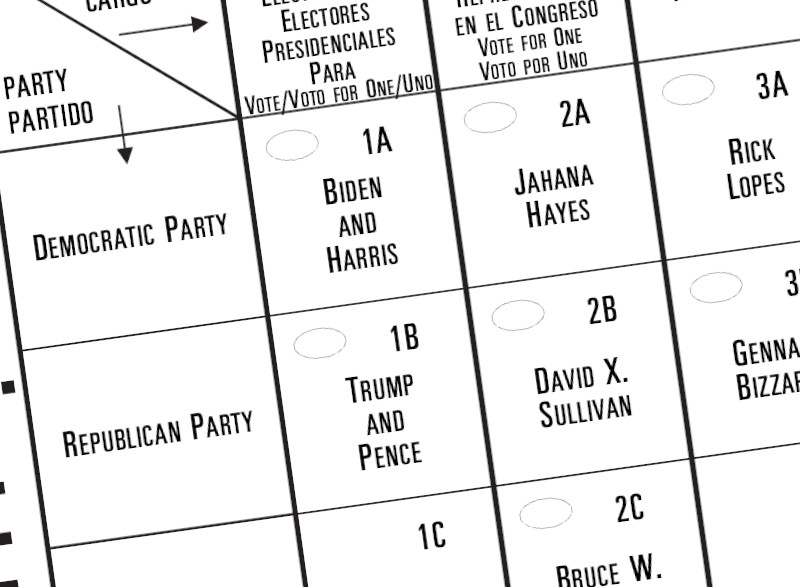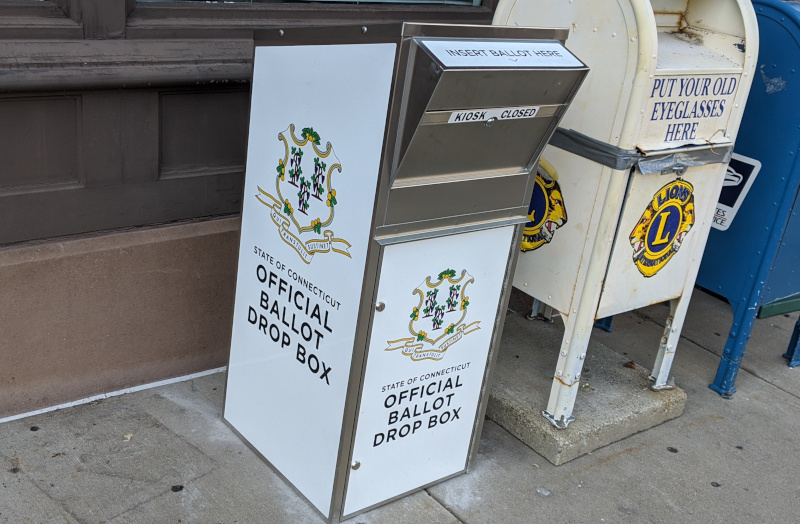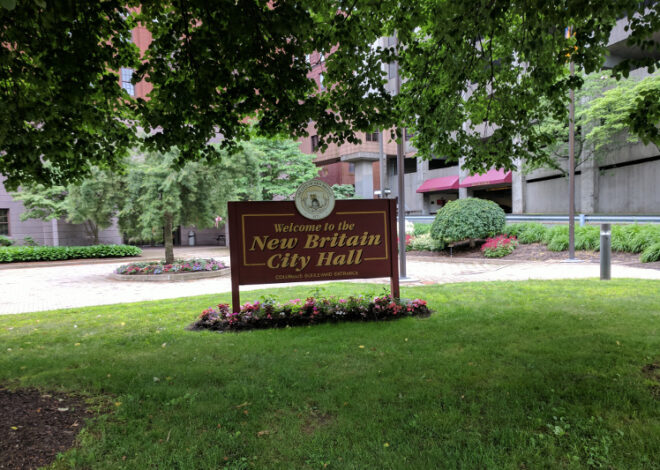CT Set To Join 46 Other States Allowing Balloting Ahead of Election Day
Staff Reports
HARTFORD – One of the big items for the General Assembly’s Government Administration and Elections (GAE) Committee in 2023 is implementing the state constitutional amendment that finally will allow early voting in the state.
On Wednesday, February 22nd the GAE will hear three bills that would provide 10 days, 14 days or 18 days to vote early ahead of this year’s November 7th local elections.
Last November “Blue” Connecticut finally got rid of an 18th century constitutional clause that made showing up at the polls mandatory with few exceptions. Now comes the decision by the legislature on how many days before E-Day will be established to vote early aside from the absentee vote option.
Based on 60 percent voter support in last November’s referendum and the backing of a Democratic majority early voting is now a lock for Connecticut to catch up with 46 other states in opening up polling places at designated locations in each community.
State Rep. Gary Turco (D-27), who represents New Britain’s Roosevelt School voting district and the Town of Newington, believes starting 10-14 days of early voting days would greatly expand voter access. “These days should include at least one full weekend where it may be a lot easier for people to vote who work during the week, said Turco. “This is new for Connecticut and does require logistical support on the municipal level. The number of days can always be expanded for future years. We’ve waited a long time and are one of the last states in the nation to implement early voting and I’d like to see it started for this year’s municipal election.”
GAE Members will hear lots of testimony at Wednesday’s hearing to expedite passage of a bill that will extend early voting a minimum of 10 days and up to 18 days. In testimony already submitted Win Heimer, representing the CT Alliance for Retired Americans says: “Connecticut has some of the most restrictive voter laws in the nation and unlike many of its neighbors in New England, has been slow to adopt changes designed to make voting easier, particularly for working people, the
elderly and communities of color.”
While state election law needs to be amended early voting in New Britain will likely be set up in the same way Election Day Registration (EDR) is handled when eligible residents register and vote at New Britain City Hall.

Proponents, including the League of Women Voters of Connecticut and Connecticut Common Cause, are also advocating for other voter access implementers in 2023, including another constitutional amendment to go to ballots that will allow “No Excuse” absentee voting . The state currently allows absentee voting for limited reasons, an option that was extended in 2020 to all voters because of the pandemic risk. If approved a 2024 referendum will ask “Shall the Constitution of the State be amended to permit the General Assembly to allow each voter to vote by absentee ballot?”
How Neighboring States Vote Early
| State | Early Voting Begins | Early Voting Ends | Locations |
| Maine | In-person absentee voting available as soon as absentee ballots are ready (30-45 days before election) | Three business days before election, unless the voter has an acceptable excuse. | Municipal clerks’ offices |
| Massachusetts | Seventeen days before election for state biennial elections; 10 days before election for presidential or state primaries. | Four days before an election | Early voting sites, which includes the local election office. Additional locations may be provided at the discretion of the city or town registrar. |
| New York | Tenth day before election | Second day before an election | At least one early voting location for every full increment of 50,000 registered voters in each county, but not more than seven are required. |
| New Jersey | Ten days before the election, but in-person absentee voting begins forty-five days before election. | Sunday before election | Each county board of elections shall designate at least three and up to seven but not more than 10 based on the number of registered voters. |
Source: National Conference of State Legislatures (NCSL) www.ncsl.org/elections-and-campaigns/early-in-person-voting




